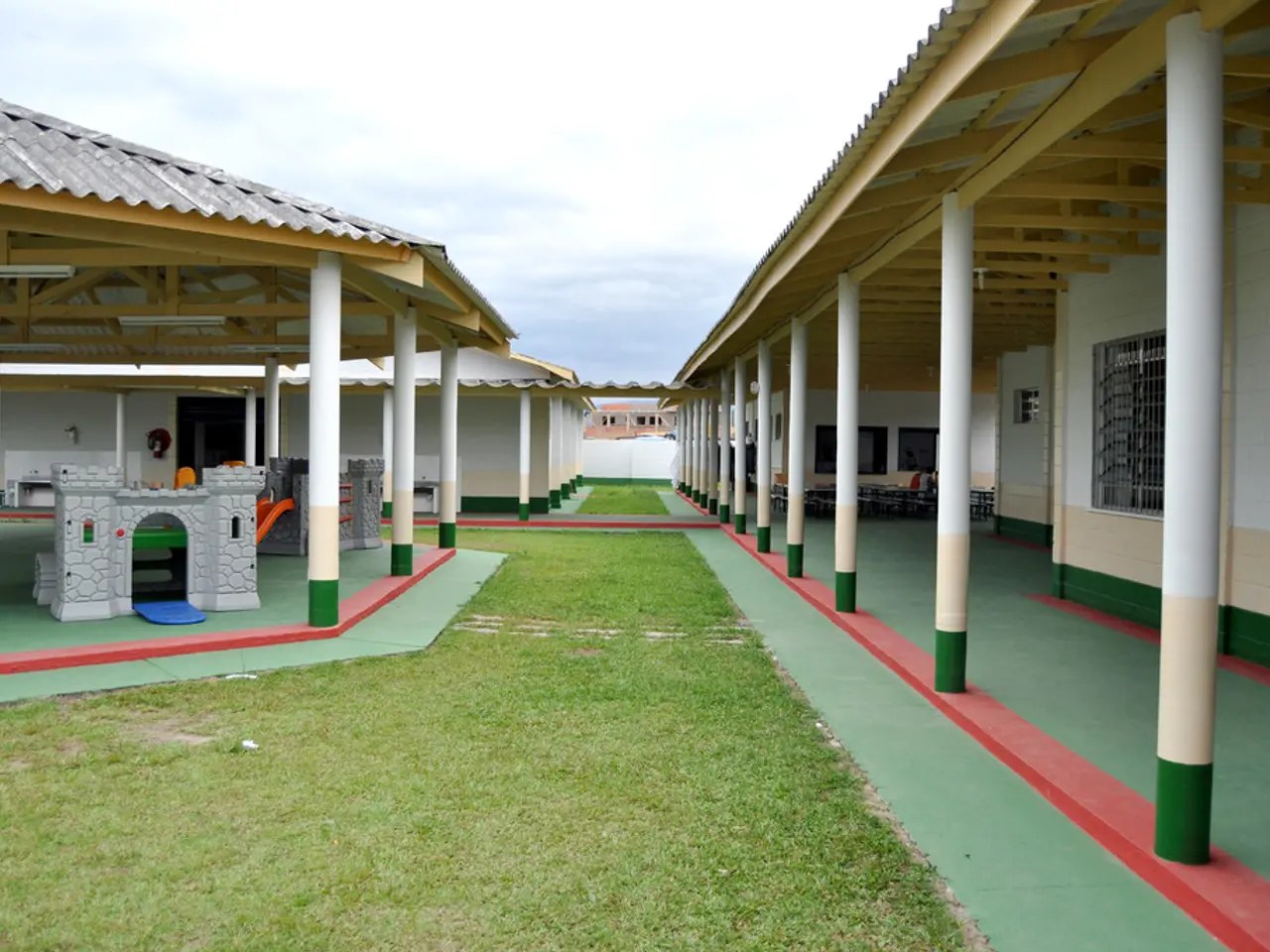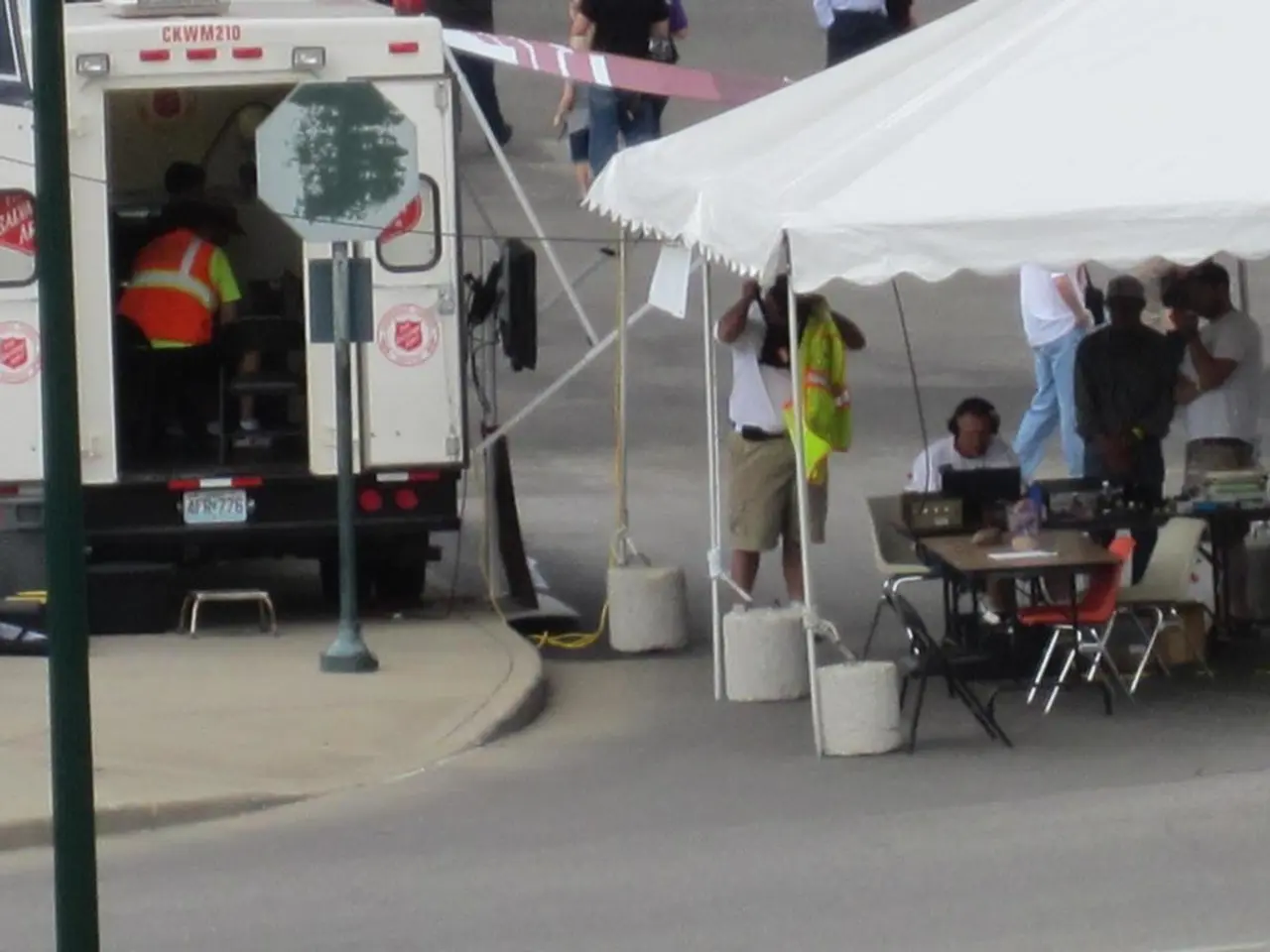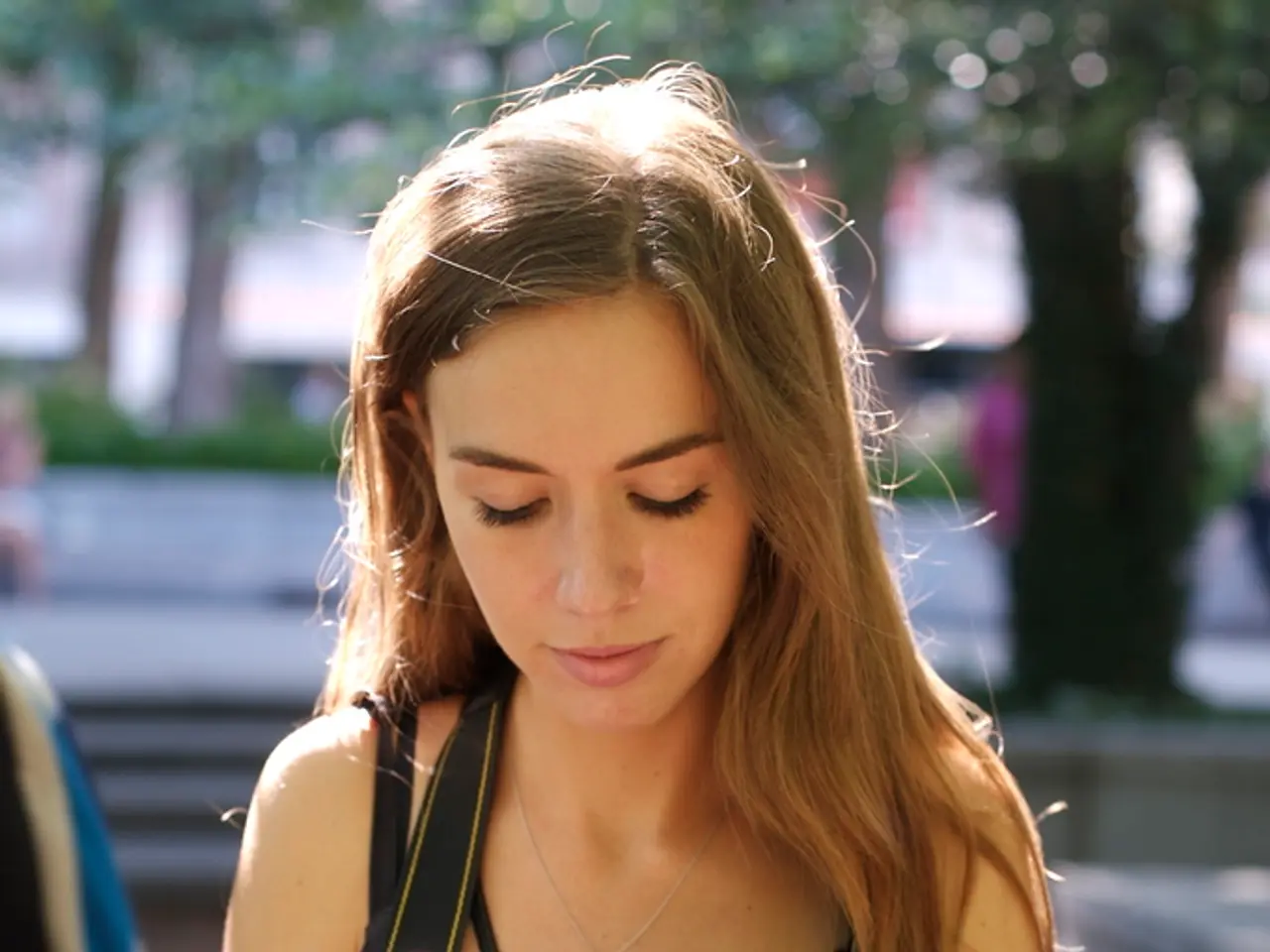Cessation of Complimentary Accommodation and Meals for the Majority of Ukrainian Refugees in Poland
In a significant shift in its refugee support policy, **Poland will close most collective accommodation centers (OZZ) for Ukrainian refugees** starting November 1, 2025, only offering shelter to **protected groups** such as **pensioners, pregnant women, and people with disabilities**[1][3][5]. This move aims to phase out the current form of accommodation for Ukrainian refugees.
Currently, Ukrainian refugees in Poland benefit from three months of fully subsidised housing. However, more than half of those staying in collective shelters have already exceeded this period and have been paying partial fees for food and accommodation[2]. From November 2025 onwards, these refugees will need to transition to private housing solutions.
The Polish government will provide support through the **"Together for Independence" program**, which offers **rental subsidies** to help find private accommodation and **Polish language courses** to assist integration and self-sufficiency[3]. This program is specifically designed for around 6,000 refugees currently residing outside the protected groups[3].
Regarding other support, Ukrainians under temporary protection in Poland can still access **social assistance benefits** such as the **300+ child benefit**. To qualify, children must attend a Polish school, have a PESEL UKR number, live in Poland, and meet certain age and schooling criteria[2]. Notably, Ukrainians no longer need to prove legal employment or labor market access to obtain this aid, simplifying eligibility.
In the Masovian region of Poland, around 3,000 people currently live in collective shelters, with more than 1,000 beds remaining empty[4]. The shift in the Polish government's refugee support policy reflects a change in the needs of Ukrainian refugees, according to government spokesman Adam Szłapka[1].
Joanna Bachanek, a spokesperson for the Masovian Voivodeship governor, stated that after 120 days, a period of financial complicity begins for Ukrainian citizens in Poland[1]. The Ministry of Internal Affairs in Poland believes that the moment for stopping government-funded support for Ukrainian refugees has come[1][3][5].
For those left out of the new eligibility criteria, Poland is directing them to the EU-funded "Together to Independence" programme[3]. This programme offers help with rent subsidies and language courses, but does not provide more government-funded shelters.
In summary, the key new eligibility criteria are:
| Aspect | Before November 2025 | From November 2025 Onwards | |-----------------------------------------|------------------------------------------|----------------------------------------------------| | Access to collective shelters | Open to most Ukrainian refugees | Only pensioners, pregnant women, disabled persons | | Support for other refugees | Shelter provided | "Together for Independence" program with rental subsidies and Polish lessons | | Child benefits eligibility | Requires PESEL and school attendance | Same, but no need to prove legal employment |
This draft law will mark a major shift in how Poland supports its Ukrainian refugee population.
In the context of the upcoming policy change, starting November 1, 2025, Poland will offer shelter only to pensioners, pregnant women, and people with disabilities, as collective accommodation centers for Ukrainian refugees will be closed [1][3][5]. To facilitate the transition, the Polish government will provide support through the "Together for Independence" program, offering rental subsidies and Polish language courses for around 6,000 refugees residing outside the protected groups [3].








